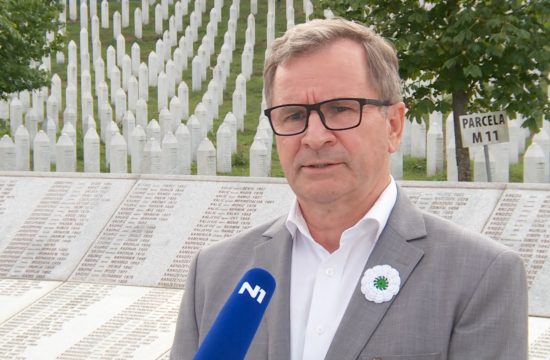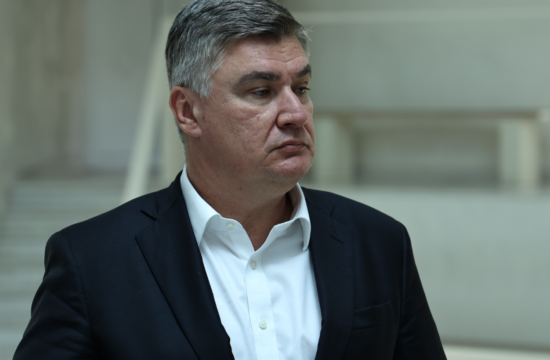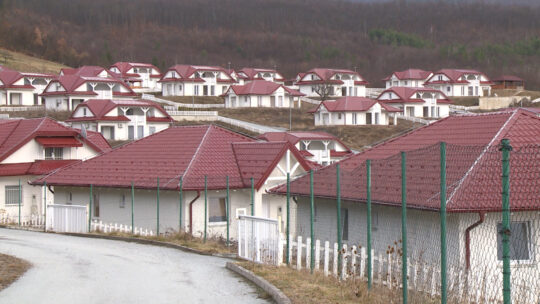The Council of the European Union held a session Tuesday regarding the enlargement and stabilisation and association process of countries aspiring to be EU members. When it comes to Bosnia and Herzegovina the Council recognised the previous progress but it also stressed the need for further implementation of the reform processes.
The Council welcomed the finalisation of the country’s answers to the Commission’s Opinion Questionnaire on Bosnia and Herzegovina’s EU membership application through the coordination mechanism and urges Bosnia to make further use of this important mechanism for the preparation of consistent and comprehensive strategic countrywide documents including those requested under the Stabilisation and Association Agreement.
The Council welcomed the adoption of some EU-oriented reforms in Bosnia. However, the Council noted with concern that divisive rhetoric and pre-electoral campaigning have significantly slowed down the pace of reforms, particularly as regards the Reform Agenda.
The Reform Agenda is a set of reforms which all levels of the Bosnian Government must implement prior to the beginning of Bosnia's EU accession talks.
The Council recalled that it expects Bosnia to ensure the full and effective implementation of the Reform Agenda in line with the action plan agreed by the Bosnian authorities to the benefit of its citizens and in close cooperation with the EU, international financial institutions and international partners.
Furthermore, the Council regrets the lack of progress on freedom of expression and building independent media and calls on Bosnia to intensify efforts to address this issue.
The Council urged Bosnia to adopt as its highest priority provisions of the criminal procedure code of Bosnia and Herzegovina in accordance with international standards. It also calls for the complete adoption of the Law on Conflict of Interests as well as the Law on the Intelligence Services.
The Council took note of the announcement of the general elections scheduled for October 7, 2018, but it regrets the unwillingness to compromise shown to date by political parties and strongly called on Bosnia and Herzegovina’s authorities to urgently amend the electoral framework with a view to ensuring the implementation of the results of the October 2018 elections.
The Council said it considers that electoral reforms should be approached in a spirit of dialogue.
The Council underlined that no legislative or political steps should be taken which would make the implementation of the Sejdic-Finci ruling and related rulings more challenging. Those reforms shall not impair, however, further implementation of the Reform Agenda.
The Sejdic-Finci verdict concerns the Roma activist Dervo Sejdic and former Head of the Jewish Community in Bosnia, Jakob Finci who sued Bosnia for its discriminatory constitution barring them – as they are neither Bosniaks, Croats or Serbs – of running for president or upper house lawmaker. The European Court of Human Rights in Strasbourg ruled in favour of Sejdic and Finci, saying the state is discriminating against them as a Roma and a Jew.
The Council further reiterated its unequivocal commitment to Bosnia and Herzegovina’s EU perspective as a single, united and sovereign country and encourages all authorities and political forces in Bosnia and Herzegovina to overcome divisive rhetoric rooted in the past, to end the glorification of convicted war criminals as well as to actively promote reconciliation, including through education.
The Council welcomed the progress concerning economic development and competitiveness. However, the Council called on Bosnia to address key challenges such as a weak rule of law, a still poor business environment, the absence of a common economic space, a fragmented regulatory environment, a large and inefficient public administration, etc.
The Council encourages Bosnian authorities at all levels to actively commit to the Commission’s Opinion preparation process and to provide their input to the Commission’s requests. The Council will revert to Bosnia and Herzegovina’s EU integration process on the basis of the future Commission’s Opinion on the country’s application for EU membership.




